

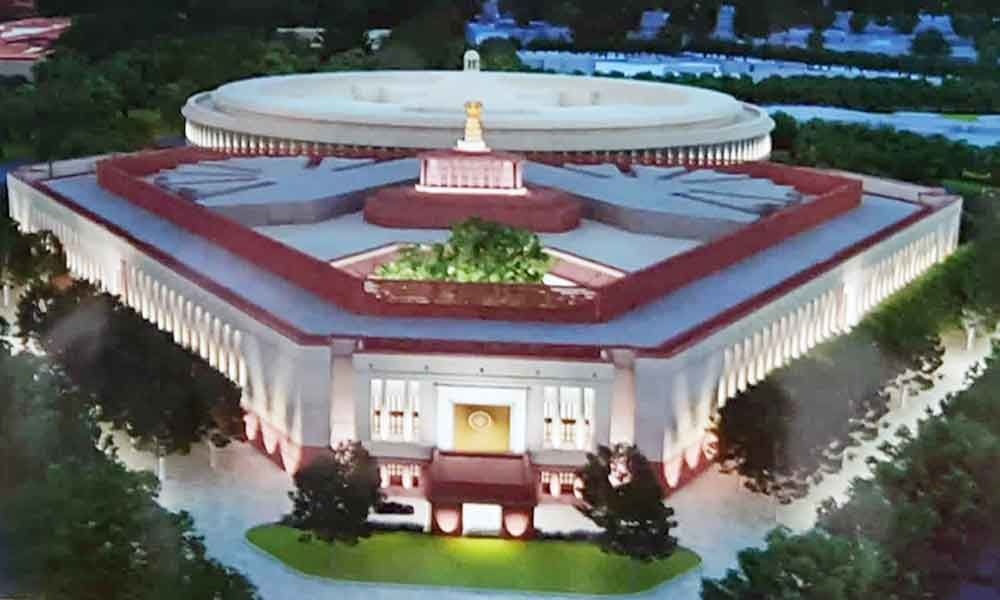
Matter of pride and immense happiness, President Murmu
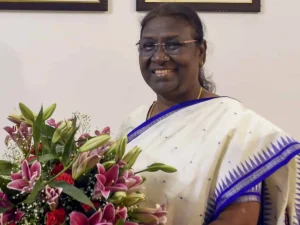
President Droupadi Murmu has warmly welcomed the inauguration of the new Parliament building by Prime Minister Narendra Modi, characterising it as a “matter of pride and immense happiness” for the entire nation. The President was effusive in her message at the inauguration, asserting that the event marking the inauguration of the new Parliament building will be inscribed “in golden words” in India’s history books. “Inauguration of the new parliament building is a matter of pride and joy for all the people of India,” she stated in her heartfelt message.
Her sentiments were relayed to those in attendance by Rajya Sabha Deputy Chairman Harivansh. President Murmu underscored the pivotal role Parliament plays as a guiding beacon for the nation, describing the new Parliament building as an “important milestone in our democratic journey.”
Highlighting the significance of the occasion, she reiterated, “The occasion of the inauguration of the new parliament building will be written in golden words in the history of India.”
New Parliament is a symbol of freedom, VP Dhankha
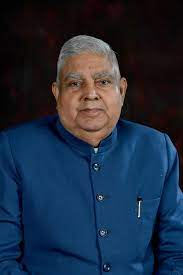
In a noteworthy development, Vice President and Rajya Sabha Chairperson Jagdeep Dhankhar has hailed the Lower House of Parliament as the ‘north star of democracy,’ attributing a significant role to the new building as a symbol of emancipation from the vestiges of past servitude. At the inauguration ceremony of the new Parliament building, Dhankhar emphasised the importance of the structure in symbolising India’s march towards progress. “The new building will be a witness to India’s progress,” he declared.
The Vice President shared a message with Parliament members present at the event, particularly highlighting that Prime Minister Narendra Modi was the first Prime Minister of India born after the country achieved its independence. “I am happy that PM Modi, who is the first PM of India who took birth after India’s independence, is launching the new Parliament. As I always say, the Lok Sabha is the north star of democracy…,” Dhankhar’s message eloquently articulated.
Rajya Sabha Deputy Chairman Harivansh echoed these sentiments, reading out Dhankhar’s message to the audience. After the inaugural proceedings, the Parliament members relocated to the newly constructed Lok Sabha.
Later in the day, the Vice President took to Twitter to express his jubilation. “Heartiest congratulations to the entire nation on this milestone historical moment of the dedication of the New Building of Parliament for the largest and mother of democracy. It is eminently befitting that Honourable Prime Minister Shri Narendra Modi, the first Prime Minister of our country born after independence, has dedicated this magnificent building,” Dhankhar tweeted.
However, this momentous occasion was not without its share of controversy. Nationalist Congress Party (NCP) MP Supriya Sule made allegations of neglect towards Dhankhar during the inauguration program of the new Parliament building in New Delhi. Sule accused the ruling party of not including the Opposition in the event planning, calling the inauguration ceremony a ‘centralised process’ and deeming the event ‘incomplete’ without the Opposition’s presence.
A historic moment, says up CM Yogi Adityanath
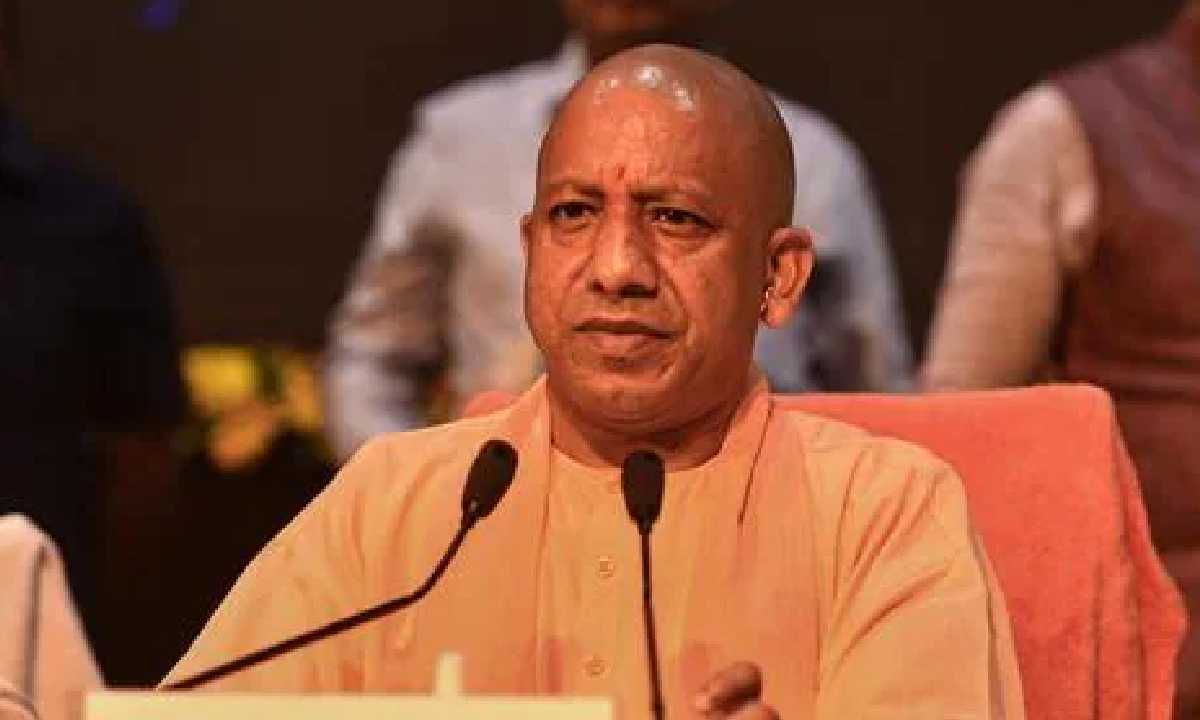
In what was described as a monumental moment for India, Chief Minister Yogi Adityanath hailed the inauguration of the new Parliament building as a “historic moment” and a “glorious chapter in the history of Indian democracy.” The Chief Minister underscored the symbolic role of the new building in the fulfilment of New India’s dreams and aspirations. CM Yogi, present at the inaugural ceremony in New Delhi, drew attention to the sacred ‘Sengol’ as emblematic of India’s justice, fairness, sovereignty, and strength. In a Twitter post, the Chief Minister extended warm congratulations to the Indian people, referring to the new Parliament building as the embodiment of New India’s hopes and aspirations.
“The establishment of the sacred ‘Sengol’ in the new Parliament building today, amid Vedic chants, by Prime Minister Narendra Modi is a combined expression of respect and belief of the people of the country in India’s rich cultural heritage and strong democratic values,” the CM further elaborated in his tweet.
Adding to this, CM Yogi highlighted the significance of honouring the labourers involved in the construction of the new Parliament building. He stated it symbolised the supreme authority of ‘people’ in democracy, celebrating hard work and embodying the spirit of ‘Shramev Jayate’ (labour prevails). The Chief Minister extended heartfelt congratulations to all the labourers on this occasion.
An auspicious moment, Former Prime Minister H D Deve Gowda
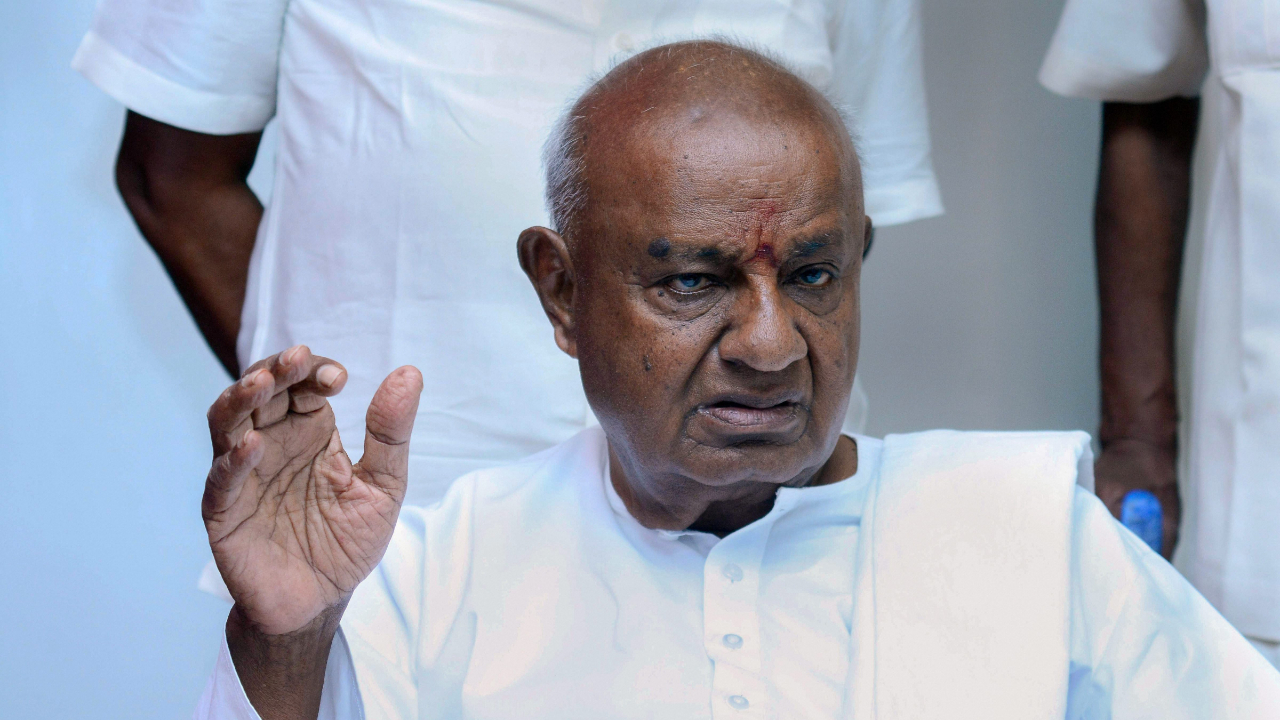
Former Prime Minister H D Deve Gowda attended the inauguration of the new Parliament building in New Delhi on Sunday, expressing his pleasure at having the chance to witness such a significant moment in India’s democratic history. Gowda, now 91, remarked on his fortunate longevity in public life that allowed him to be a part of this
milestone event. “It is my good fortune that I witnessed a great moment in India’s democratic history,” he stated, reflecting on his political journey that began in the Karnataka legislative Assembly in 1962. “But the even bigger surprise is that I never thought I will be seated in a new Parliament building in my lifetime — I did so at the age of 91,” he added.
The JD(S) patriarch contextualised the inauguration within the broader Indian tradition, comparing the construction of the new Parliament building to the auspicious and rare moment of entering a new home for an average Indian. “In the life of a nation, it is an extraordinary moment,” Gowda said.
He went on to extol the peaceful means through which India achieved nationhood, drawing a contrast with bloody revolutions elsewhere. According to Gowda, the Parliament has always tried to strike a balance, maintaining a nourishing environment for all castes, ethnicities, religions, languages, and geographies while accommodating all nature of opinions, ideas, and ideologies.